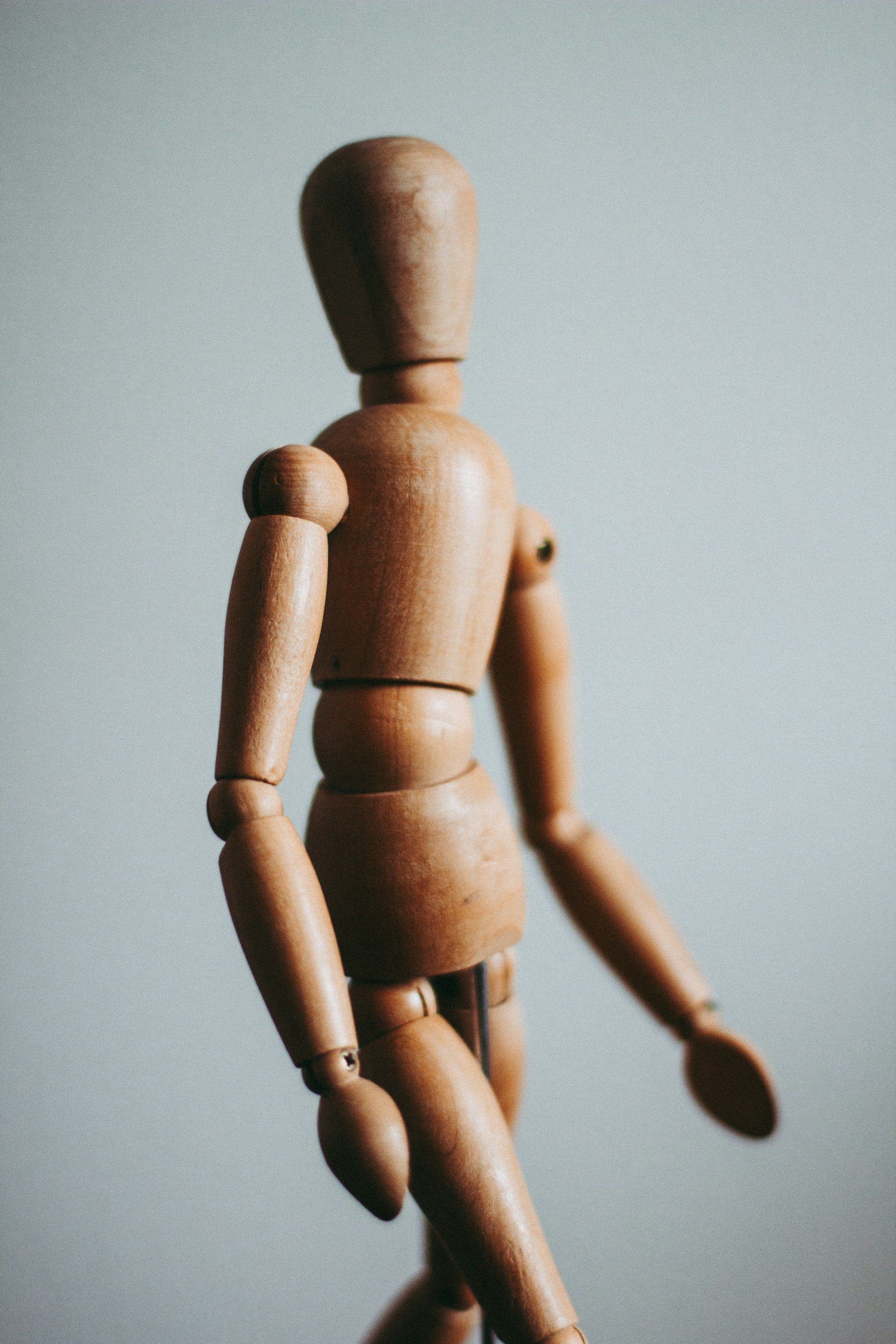Psych 101 offers engaging articles that explore the concepts, theories and practices of classic and contemporary psychology. Whether you are a student, a teacher or just curious, we hope you will enjoy reading our works.

Free APA 7 Templates for Psychology Students
Download 6 free APA 7 templates for psychology assignments, literature reviews, IRB proposals, and more. Save time, reduce errors, and master APA formatting with Simply Put Psych.

Understanding HARKing: Risks, Ethics, and the Pursuit of Scientific Integrity
Explore the concept of HARKing (Hypothesizing After Results are Known), its ethical implications, consequences for scientific integrity, and effective solutions to address this problematic research practice.

Levelling the Playing Field: How to Ethically Use AI as a Study Aid
Discover how students can ethically and effectively use AI tools like ChatGPT to improve study habits, boost productivity, and overcome academic challenges, without crossing the line into plagiarism or misuse.

‘One Thing or Your Mother’ - Understanding the Oedipal Complex
Explore Freud's Oedipal complex in-depth, from its mythological origins and theoretical foundations to modern criticisms and perspectives. Understand how this controversial psychoanalytic theory impacts psychology, culture, and family dynamics today.

Illuminating the Unconscious: A Guide to Jungian Archetypes
Explore the transformative power of Jungian archetypes in this in-depth guide. Learn about Carl Jung’s collective unconscious, key archetypes like the Shadow, Anima, and Hero, and how these timeless symbols influence psychology, dreams, myths, and personal growth.

What Is Global Psychology?
Explore global psychology (international psychology): its definition, historical roots, key areas like cross-cultural research and mental health, challenges, and future directions in understanding human behaviour worldwide.

Exploring Human Behaviour in Organizational Psychology: Insights and Applications
Explore insights into human behaviour and organizational psychology, uncovering theories, practical applications, and contemporary challenges shaping effective workplaces and employee well-being.

Is Maslow’s Hierarchy of Needs Outdated? A Contemporary Re-evaluation
Discover a critical, contemporary analysis of Maslow’s Hierarchy of Needs. Explore its relevance today, key criticisms, cultural limitations, and modern alternatives like Self-Determination Theory and ERG Theory. Ideal for psychology, education, and business professionals.

Neurasthenia: The Rise and Fall of “Nervous Exhaustion”
Explore the rise and fall of neurasthenia, a 19th-century diagnosis of 'nervous exhaustion.' Learn how it shaped modern views on anxiety, fatigue, and mental health.

Criticism of Harlow’s Rhesus Monkey Experiments (1958)
Explore the ethical debates and methodological criticisms of Harlow’s 1958 Rhesus Monkey experiments, and discover their profound impact on psychology.

Freud and FOMO: Why He Obsessively Collected Antiquities and What That Says About His Psyche
Sigmund Freud’s obsession with collecting antiquities reveals deeper insights into his psyche, unconscious drives, and the origins of modern-day FOMO. Explore the psychological, historical, and symbolic meaning behind Freud’s personal museum.

What is the Theory of Constructed Emotion
Discover the Theory of Constructed Emotion, a ground-breaking perspective by Lisa Feldman Barrett that challenges traditional views on emotions. Learn how emotions are dynamically constructed by the brain, shaped by culture, language, and past experiences, and why emotional granularity is key to mental well-being.

Crime and Psychology: Understanding the Interplay
Explore the psychology of crime, from genetic and social influences to forensic psychology and rehabilitation. Understand criminal behavior and prevention strategies.

Anna Freud: Pioneer of Child Psychoanalysis and Ego Psychology
Discover the life and work of Anna Freud, a pioneer in child psychoanalysis and ego psychology. Explore her theories on defence mechanisms and child development.

The Mere Exposure Effect: How Familiarity Shapes Our Preferences
Discover the power of the Mere Exposure Effect—how repeated exposure to a stimulus influences preferences in music, marketing, relationships, and politics. Learn the psychology behind it, its real-world applications, and ethical concerns. Dive into expert insights and research-backed findings to understand how familiarity shapes your choices.

Cyberpsychology: Exploring the Intersection of Human Behaviour and Digital Environments
Explore cyberpsychology, the study of how digital technology impacts human behaviour, identity, and mental health. From social media effects and gaming psychology to virtual reality therapy and cybersecurity trust, discover key insights, ethical concerns, and future trends in this rapidly evolving field.

Mood Management Theory: An Exploration of Media, Emotion, and Self-Regulation
Discover Mood Management Theory (MMT) and how media influences our emotions. Learn how people use movies, music, social media, and video games to regulate their mood. Explore research-backed insights, modern applications, and key criticisms of MMT in today’s digital world.

Understanding the Body Schema and Its Relevance to Psychology
Discover the fascinating concept of body schema in psychology, exploring its role in motor control, spatial awareness, and self-perception. Learn how body schema impacts rehabilitation, identity, and disorders like phantom limb pain, eating disorders, and neglect syndrome. Dive into the research, experimental insights, and innovative therapies like mirror therapy and virtual reality, revealing how body schema bridges neuroscience and psychological health.

Criticism of Carl Rogers' Core Conditions
Explore a comprehensive critique of Carl Rogers' core conditions—empathy, congruence, and unconditional positive regard. Discover their strengths, limitations, cultural considerations, and integration with modern evidence-based practices in psychotherapy.

Criticism of the Stanford Prison Experiment
Explore the controversies surrounding the Stanford Prison Experiment, including its methodological flaws, ethical violations, and cultural impact. Discover how this infamous study shaped psychology, sparked debate, and redefined research ethics.
